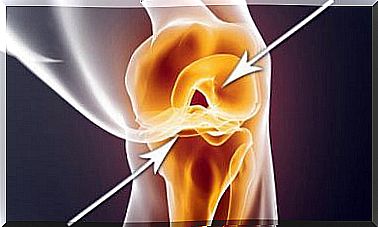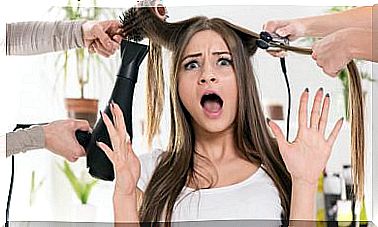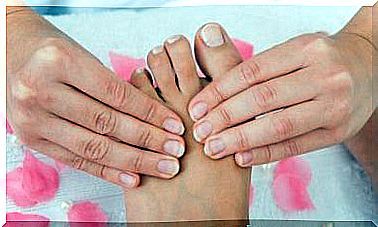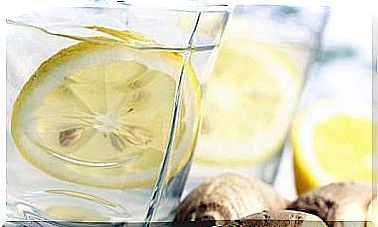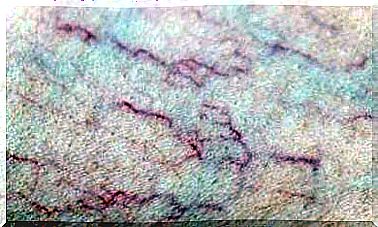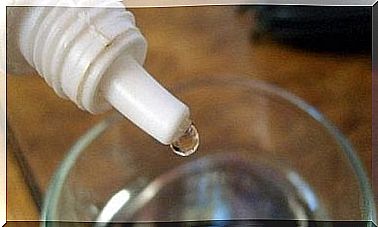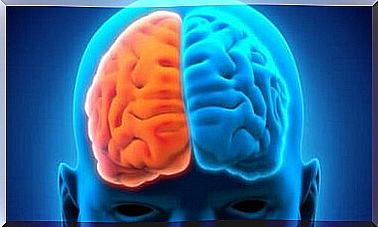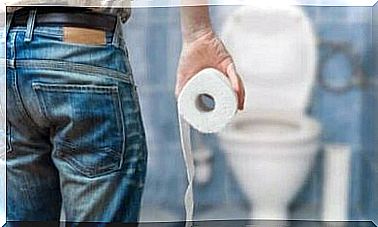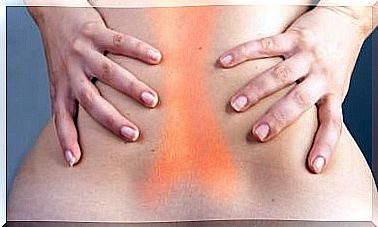Nail Biting Is Dangerous! We’ll Show You Which And How To Stop It
The health risks involved in nail biting and how you can stop, you will read in this article.
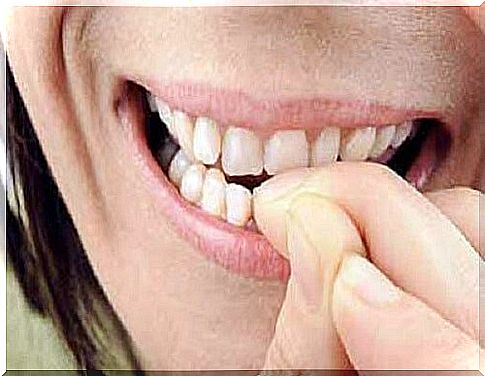
Nail biting is dangerous. It’s a troublesome habit that not only kids and teens have gotten into, but some adults as well.
In this article you can read about the health risks of nail biting and how you can stop them.
Nail biting is not a serious psychological disorder, but rather an unnecessary bad habit, also known medically as onychophagia. The degree to which the nail biting is pronounced varies.
Some people only bite their nails occasionally, mostly in stressful situations, while others do it (almost) all the time and also in public.
When biting nails, the fingernails are chewed down to the smile line, sometimes the cuticle is bitten off until the fingers bleed.
The result is ugly, unkempt-looking fingernails, fingers and hands that those affected like to hide or, if necessary, hide them under artificial or gel nails.
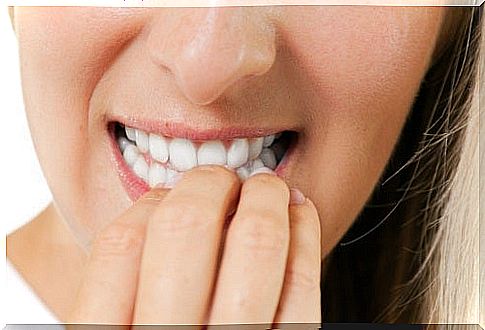
Causes of nail biting
The cause is usually the inability to properly deal with stressful, stressful situations. Unresolved conflicts or tense situations are unconsciously resolved by nail biting. Children often deal with school problems, separation conflicts or a tough upbringing with it.
Nail biting does not require treatment until further autoaggressive behavior patterns emerge that indicate a mental disorder or particularly serious mental problems. This applies to both adults and children.
While nail biting isn’t really dangerous, it does pose health risks:
Nail biting involves changes in the nail
Frequent nail biting can shorten the nail plate and permanently change the shape and appearance of the nail. Modern methods of “nail prosthetics” can optically cover up these changes with artificial nail sections that are formed from gel.
Such a nail prosthesis is only durable for about 4 weeks and, if used incorrectly, carries the risk of nail fungus.
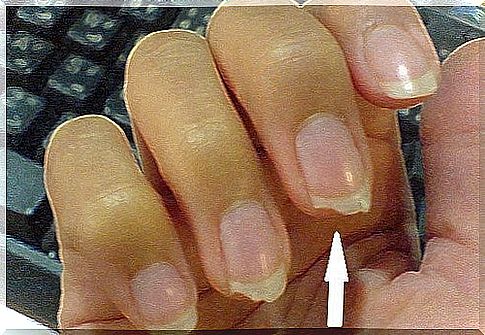
Nail biting brings infections to the skin
The small injuries that occur on the skin around the chewed nail allow bacteria to penetrate with ease, which can lead to inflammation.
Skin inflammation, inflammation of the nail bed or cuticle can heal poorly from further nail biting and it is not uncommon for the ingestion of antibiotics to heal the inflammation.
Nail biting brings infections and diseases
When you bite your nails, your hands constantly move into your mouth – and with them all the bacteria and other pathogens that are on the skin of your fingers and hands.
Hands are a paradise for bacteria. Influenza viruses, intestinal bacteria and other pathogens that lurk on door handles, handrails, banisters and all surfaces, especially in public facilities.
They are transferred to the hands when they are touched and then migrate directly into the body when you bite your nails. The risk of infection is great. So if you know that you are biting your nails, you should wash your hands particularly often and thoroughly and disinfect them if necessary.
What helps against nail biting
There are many tips and tricks that can help you finally put an end to the annoying habit. We present you a selection:
Substitute act
Before you put your fingers in your mouth, try to recognize the situation and then jerk your hands away from your mouth and into another part of the body. Instead, grasp your neck, earlobe, or the back of your neck.
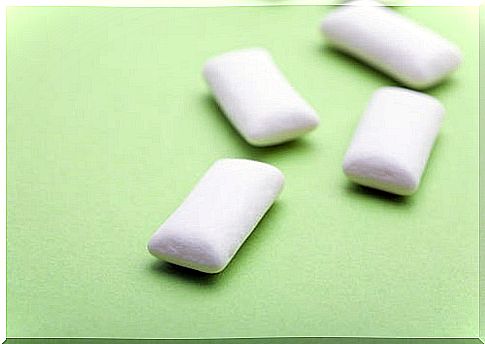
chewing gum
A pack of chewing gum in your hand and trouser pocket can also help. Whenever you find yourself biting your nails, or about to start, take some gum out of your pocket and bite on it instead of your nails.
Nail clipper
A small nail clipper belongs in every pocket so that if you have chewed, you can cleanly cut off any protruding corners. So they don’t bother you and you prevent such annoying and scratchy corners from tempting you to bite your nails again.
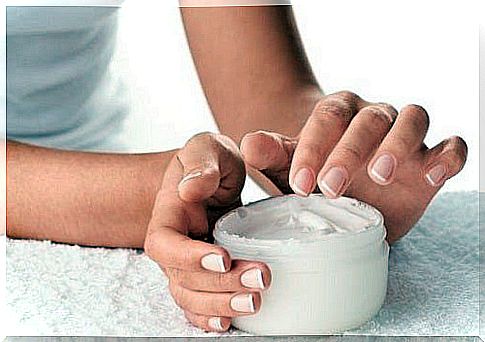
Hand cream
A heavily perfumed or extremely greasy hand cream is also a trick that can help against nail biting. Whenever you feel the urge to bite your nails or you catch yourself doing it, apply a hand cream to your hands.
The strong smell reminds you of your plan to stop biting your nails as soon as you bring your hand towards your face. The greasy surface of your fingers prevents you from putting them in your mouth.
Gel nails
Nails made from gel that cures under UV light strengthen your own nails and make sure that nobody notices your habit. In the long term, however, they can damage the nails.
Stress management
The best solution is always to eliminate the cause. If you bite your nails when you are stressed or in anger, develop strategies to deal with stress and anger differently.
Get moving, take out the trash, make a coffee, distract yourself with completely different things, and practice relaxing instead of stressing out.
